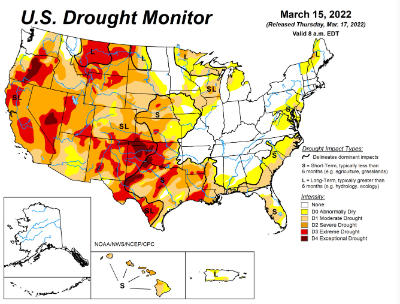Trump’s Weaknesses Voters
The quest for Republican voters skeptical of Trump extends beyond the suburbs.
While it’s true that a significant number of GOP primary voters who opposed former President Donald Trump were concentrated in highly educated, suburban areas that have leaned Democratic in recent years, a closer look reveals a substantial bloc of dissenting voices in more exurban, red-leaning counties.
Trump faced resistance not only in suburban regions but also in exurban locales less densely populated and with fewer college-educated voters. These areas, including North Carolina’s Republican-leaning exurbs and conservative counties in Michigan, exhibited a degree of skepticism towards Trump’s leadership, even though they predominantly voted Republican in past elections.
Despite Trump’s overwhelming support among Republican voters, there were notable pockets of resistance, particularly in closed primaries where voters continued to oppose him even after he secured the nomination. This resistance underscores a lingering desire among some Republican voters for an alternative nominee, despite Trump’s dominance within the party.
Parker Fairbairn, county GOP chair in Emmet County, Michigan, noted that many moderate Republicans now express reluctance to support Trump again, reflecting a broader sentiment among voters seeking what they perceive as “commonsense conservatism.”
However, these non-Trump GOP voters are not automatically inclined towards Biden. The incumbent Democratic president faces his own challenges in winning over these voters, especially amidst concerns about the economy and the direction of the country.
In the tug-of-war for these voters, both parties are vying to sway them in their favor. Biden’s campaign has actively courted anti-Trump Republican voters, recognizing their potential to influence swing states. Conversely, Trump’s camp aims to consolidate support among Republican voters, emphasizing traditional partisan loyalty.
The battle over these voters underscores the complexities of contemporary politics, where partisan polarization and ideological alignments often supersede individual personalities. While some Republicans may harbor reservations about Trump, their ideological alignment with the GOP remains strong, making it difficult for Democrats to sway them.
Ultimately, the outcome of this struggle for non-Trump GOP voters could have significant implications for the upcoming election. Democrats hope to capitalize on any discontent among these voters, while Republicans aim to rally them back into their fold. In a closely contested election, every voter’s decision matters, shaping the trajectory of American politics for years to come.






